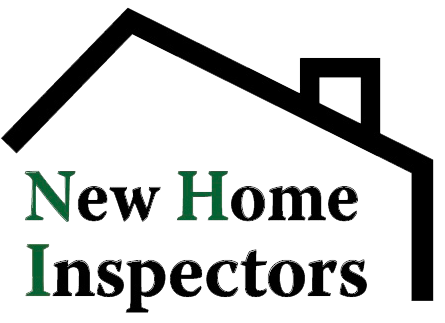
House hunting means learning a lot of housing-related jargon. One term you might have heard get thrown around is “up to code,” but what does it actually mean, and are home inspectors checking for it? It seems confusing at first, but here’s what you need to know.
What does “up to code” mean?
First, what does the phrase “up to code” actually mean? According to FEMA, building codes are “sets of regulations governing the design, construction, alteration and maintenance of structures.” “Up to code” means a building meets these standards. Local jurisdictions can create their own regulations, but most of them borrow from the International Code Council (ICC). The ICC invites proposed code changes every three years, but specific local code change frequency varies.
Even as standards change, most items are still considered up to code now as long as they met code at the time of installation — and as long as they still work properly, which a home inspector can help assess. Does that mean a home inspector can tell you if your home is up to code? Not quite, but they can advise you on safety concerns that have been put in place for today’s code as an upgrade after you purchase the home.
Can a home inspector tell you if your home is up to code?
There’s a lot that I can do for you as a home inspector. But as with any profession, my expertise has limits — in this case, that limit comes from the law. A licensed home inspector must receive a certain amount of training and pass qualifying exams, so when we know our stuff, we really know it. Whether parts of your home are “up to code,” however, is outside our purview. Code compliance is a separate legal matter that can only be enforced by certain local government officials.
That doesn’t mean home inspectors aren’t looking as closely for problems; it just means that they can’t fine you or require you to make renovations if they do find an issue. You’ll still be informed on the functional condition of your home. The difference is that inspectors can’t force you to make any changes based on their findings, but code enforcers can. For example, an inspector can alert you to an issue with your HVAC system, but they can’t mandate that it gets fixed.
What if your house isn’t up to code?
Most homes have at least a couple code violations, especially older homes. This doesn’t automatically make your home unsellable! Violations may affect homeowner’s insurance, but as long as the house doesn’t need to be condemned, the sale can likely still proceed once the issue is solved. Standards change over time, but just because your home isn’t up to code anymore doesn’t mean it’s automatically uninhabitable and unsafe. If there were issues making the home uninhabitable and unsafe, a home inspector would tell you — they just wouldn’t use the legal language or enforcement around code compliance to do so.
Exact laws vary based on where you live, but sellers typically don’t legally have to fix every known code issue; they will likely have to disclose known issues, but they may not know how it relates to code anyway since having the relevant type of city inspector involved in homebuying transactions is rare. For the average homebuyer, the overall functionality and safety of a home will be more important than whether it’s up to code.
That’s where an inspector like me can help! If you’re on Long Island and need a home inspection, reach out to me today.

